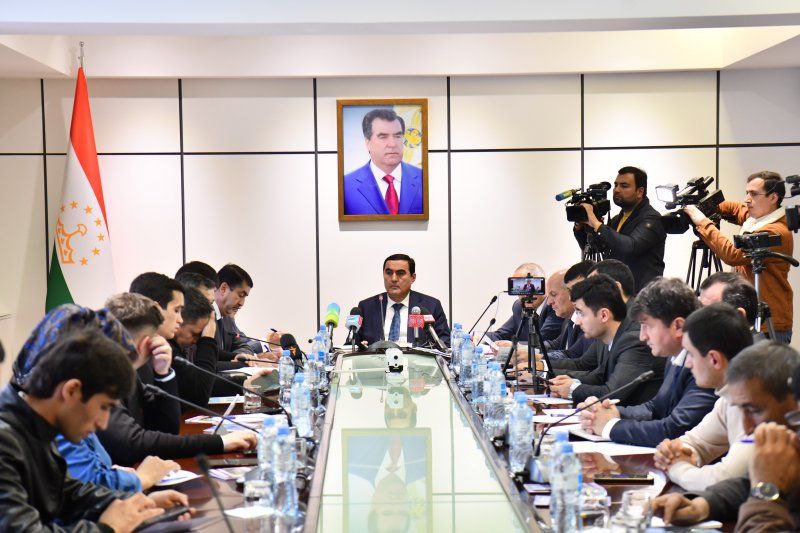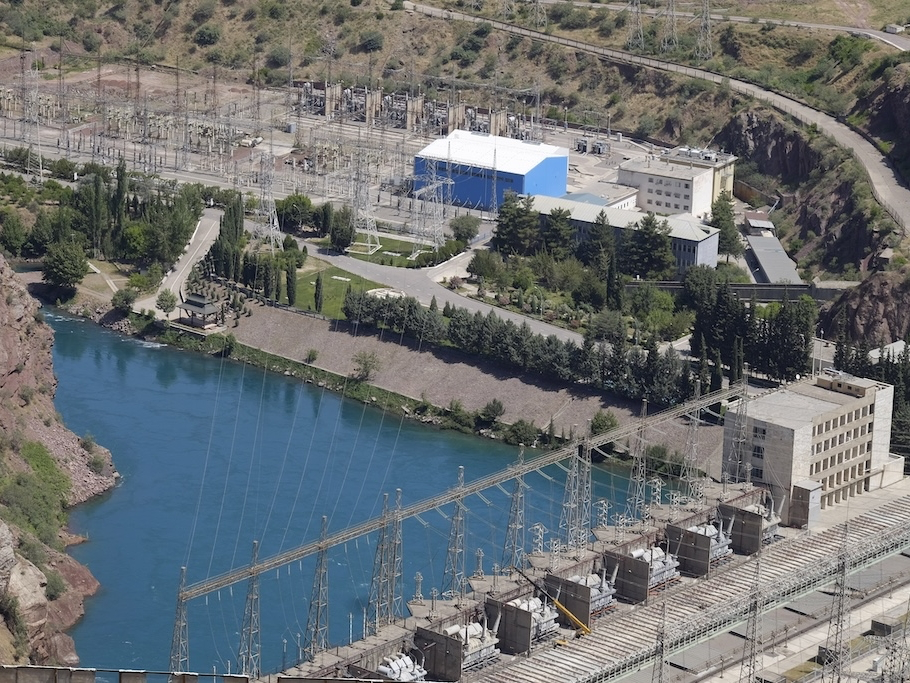Tajikistan's state-owned power company has announced plans to increase electricity exports to Afghanistan by 17%, despite ongoing shortages within Tajikistan, Eurasianet reported.

Mahmadumar Asozoda, the head of Barki Tojik, stated that Tajikistan aims to raise electricity sales to Afghanistan by 17% in 2024. This decision comes after Barki Tojik exported 2.7 bn kilowatt-hours in 2023, marking a notable increase of 124 mn kilowatt-hours from the previous year. A significant portion of this electricity, approximately 1.6 bn kilowatt-hours, was supplied to Afghanistan. Additionally, 907.5 mn kilowatt-hours were sold to Uzbekistan, with the remainder going to Kazakhstan.
Despite these export plans, Asozoda acknowledged that Tajik households may once again face electricity rationing. Tajikistan has frequently implemented rationing during winters, especially when temperatures plummet and output from the Nurek hydropower plant, the primary electricity source, declines.

Under the current rationing regime, households outside major urban centers experience blackouts from 8 a.m. to 5 p.m. and then from 10 p.m. to 5 a.m. Asozoda attributed this necessity to Tajikistan's growing population and improving living standards, which are driving up electricity demand. However, he denied any conflict between increased exports and domestic needs, claiming that exports, except to Afghanistan, cease during winter, with only minimal electricity supplied to maintain Afghan power lines.
Asozoda highlighted a positive trend in electricity production, with Tajikistan generating 21.65 bn kilowatt-hours in 2023, representing a 2.1% increase from the previous year. One factor supporting increased exports to Afghanistan is the reliability of payments from the Taliban-run regime in Kabul. Tajik Energy and Water Resources Minister Daler Juma confirmed that Afghanistan had fully settled its outstanding debts for electricity, a noteworthy development considering Kabul's previous struggles in meeting its financial obligations since 2021.
The existing electricity supply agreement between Tajikistan and Afghanistan, valid until 2028, was established in 2008. Both parties annually renew the agreement to determine the cost and volume of electricity supplies for the upcoming year. Asozoda met with his Afghan counterpart in December to sign a purchase agreement for 2024.
Taliban officials confirmed that Afghanistan had settled its electricity bills, totaling $627mn, to all its suppliers, which include Tajikistan, Iran, Uzbekistan, and Turkmenistan.
Taliban authorities at the electricity company claimed to have resolved all foreign debts. Tajikistan’s Energy and Water Resources Minister, Daler Juma, confirmed full payment of power debts by Afghanistan. Since 2021, the Taliban-led administration has been inconsistent in payments, often making partial payments to Tajikistan but struggling to clear debts entirely.
In 2023, Tajikistan exported 2.7 bn kilowatt-hours of electricity, valued at $110.4 mn, a 5% increase from 2022, according to Juma. Specific allocation to Afghanistan was not disclosed. Tajikistan exports electricity to Afghanistan, Kazakhstan, and Uzbekistan, with most exports occurring in spring and summer due to excess hydropower capacity. However, Afghanistan receives electricity year-round for essential infrastructure, with tariff details undisclosed.
Follow Daryo's official Instagram and Twitter pages to keep current on world news.
Comments (0)